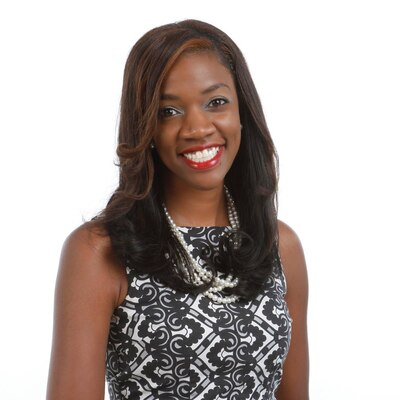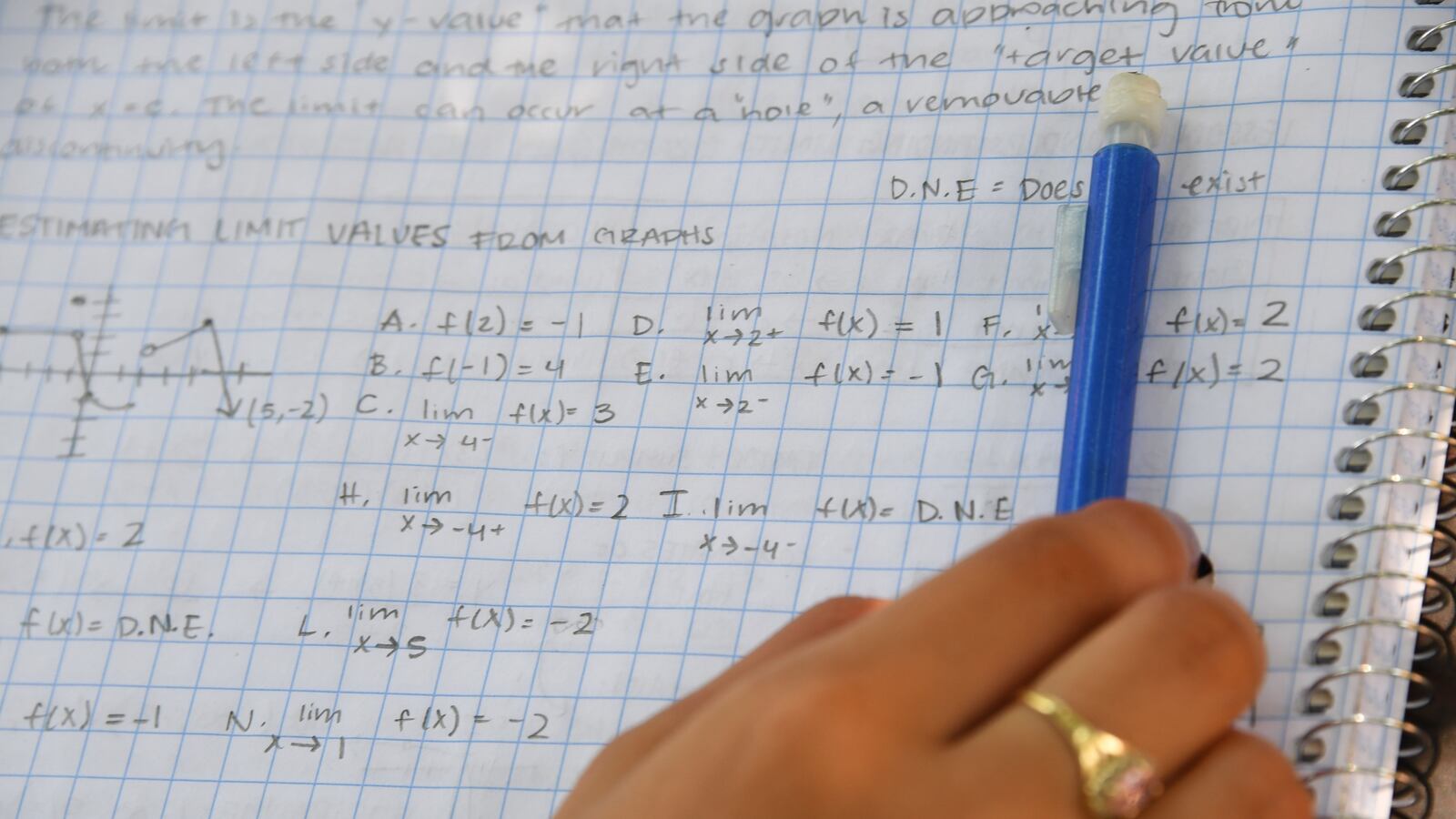Like most teenagers, my son is stubborn. When it came to picking his senior year math course, he was determined to go his own way. Despite knowing his college preparatory high school expected students to take the most “rigorous” courses — code for AP Calculus — he chose AP Statistics instead.
“What’s the worst that could happen?” he said, sharing his schedule with me and simultaneously making the case that statistics was a better fit for his intended major: forensics.

In selecting a math course that matched his interests, however, he was unwittingly pushing up against decades of tradition designating calculus as a proxy for high achievement. Taking calculus in high school is not always tied to preparing students for their intended major, nor is it necessarily predictive of a student’s math success in college. Taking calculus is often about getting into college. But admissions offices have the power to let students, not outdated concepts of mathematical rigor, drive their futures.
This matters to me as a parent, but also as the national policy director of Just Equations, a nonprofit focused on math equity. Our new study reveals that college counselors often recommend calculus because they see it as making or breaking a student’s chance at admission to certain colleges. This puts students at schools that don’t offer calculus at a disadvantage. It’s an equity issue, too, as only a third of U.S. schools serving primarily Black and Latino students even offer calculus.
Only a third of U.S. schools serving primarily Black and Latino students even offer calculus.
At every step of the admissions process, my son had to defend his choice of statistics over calculus, despite the fact that nowhere in the official admissions policies was there any mention of calculus being required for entry into his program. In opting out of calculus his senior year, my son had clearly taken a risk.
When he was named a finalist for a full-tuition scholarship at his dream school, we were elated. The final step would be an interview with the admissions office. To prepare, he learned everything he could about his prospective major. He spoke with a student in the program and re-watched every episode of “The Forensic Files.”
On the day of the interview, I anxiously listened through the door. The admissions officer asked him about his math ability and made it clear most accepted applicants had taken calculus as high school seniors.
“Maybe calculus was required, and we just didn’t know it,” my son said.
Our recent study, “Calculating the Odds,” found that covert expectations for calculus at elite institutions drive the calculus-for-all culture in college preparatory high schools. That’s why the report calls for colleges to be more transparent in communicating actual requirements. Otherwise, students will continue to be pushed toward calculus in favor of courses better aligned with their career goals, such as data science and statistics, to avoid risking their college admission.
In the week between the scholarship interview and when my son learned he had been admitted and awarded the tuition money, he questioned his choice to take AP Statistics, even though he had little doubt that it was a better fit for what he planned to do next.
Given the influence that elite institutions have on the wider college admissions landscape, selective colleges and universities should take the lead in updating and clarifying their expectations. Admissions offices and college math departments can shift the prevailing narrative that calculus is the only way for students to demonstrate mathematical rigor. It’s past time.
Melodie Baker is the national policy director at Just Equations, where she works to advance the role of math education in promoting equity through national partnerships and policy initiatives. She is recognized nationally as an authority on education policy and has devoted her career to advancing equitable opportunities for disadvantaged students.



